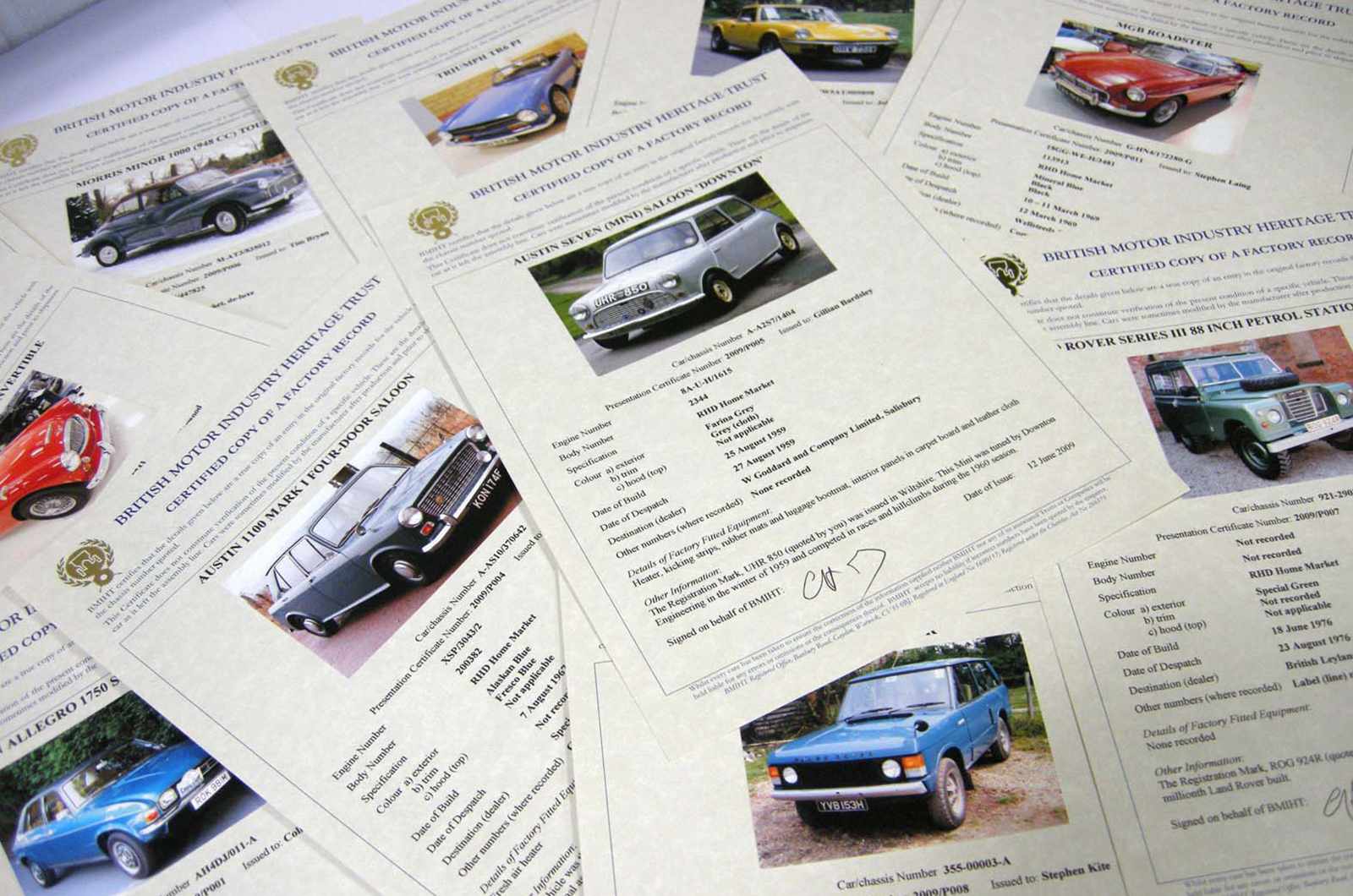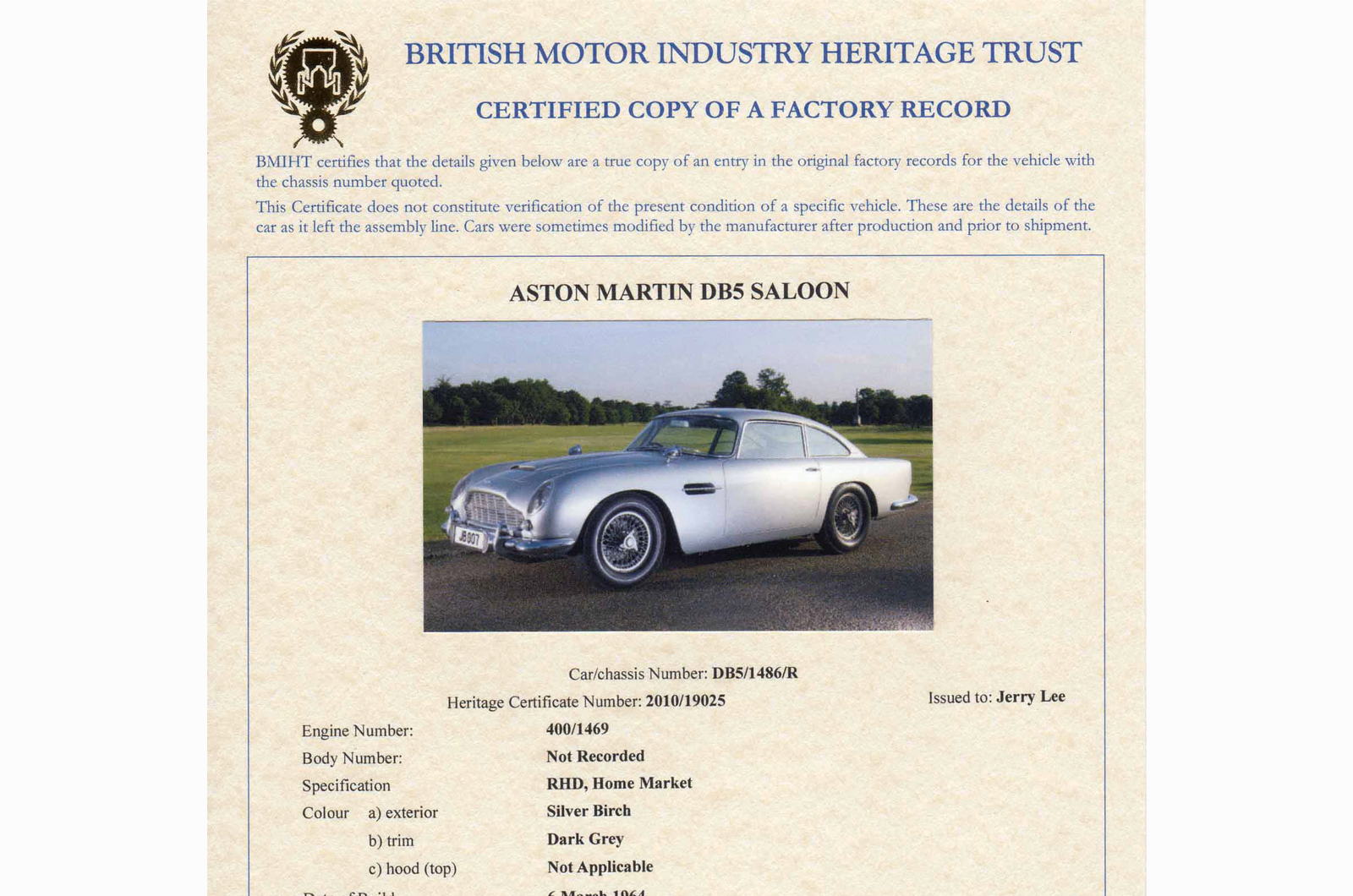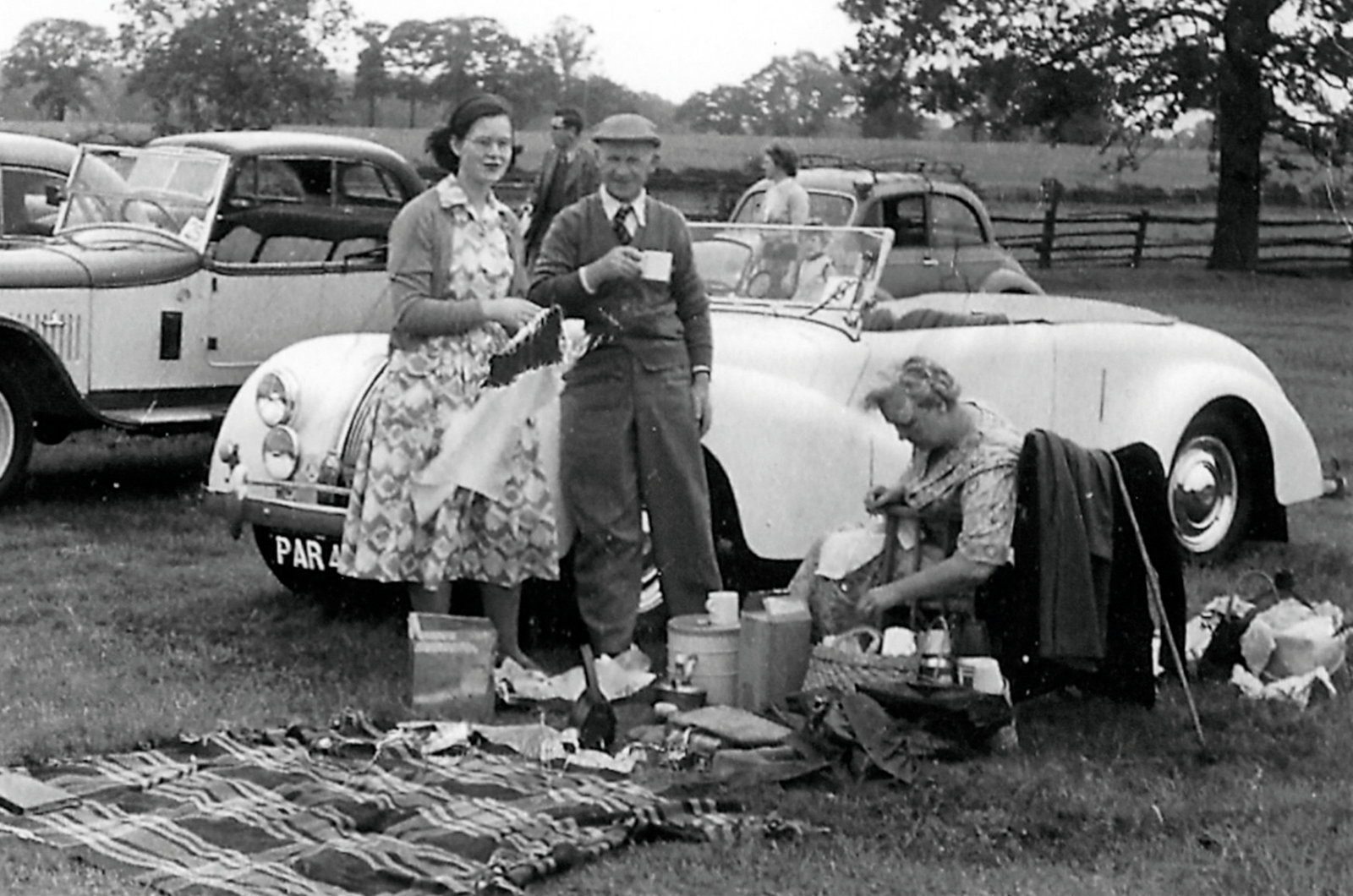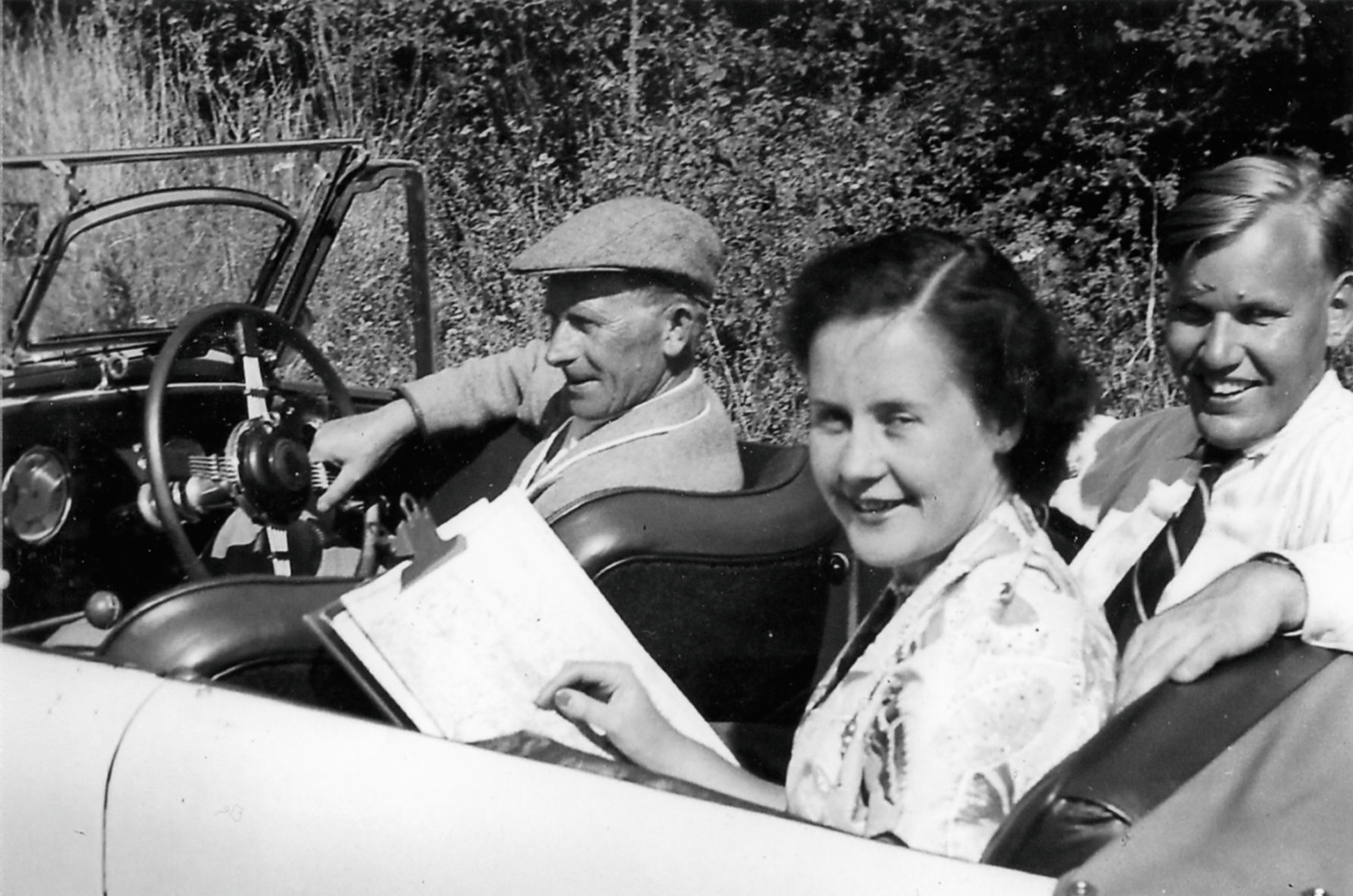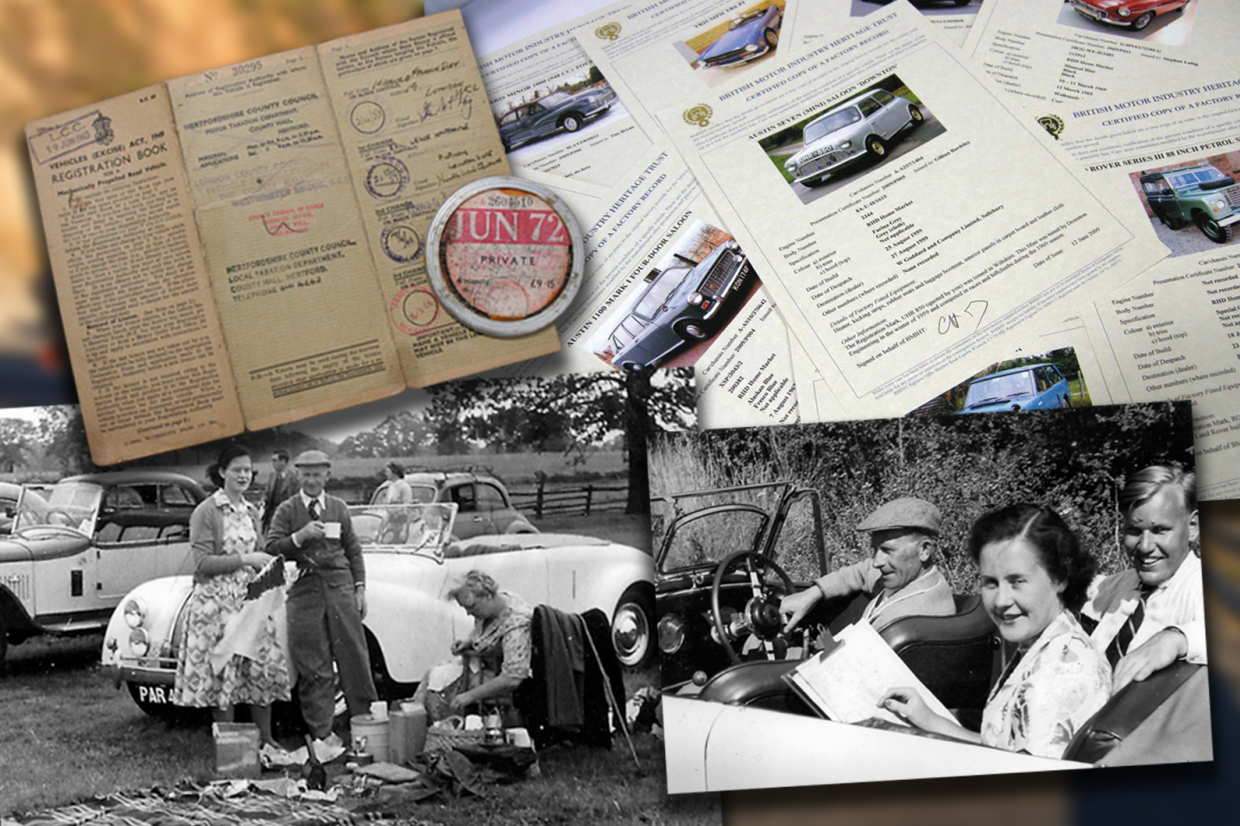
We all love it when a car comes with a bulging history folder, full of everything from old tax discs to an original bill of sale.
So what happens if you buy the classic of your dreams and it comes with nothing but the current paperwork?
Fortunately all is not lost and, with the aid of just some basic information, there are ways of slowly building up the back-story to your vehicle, and possibly increasing the market value at the same time.
Here’s how…
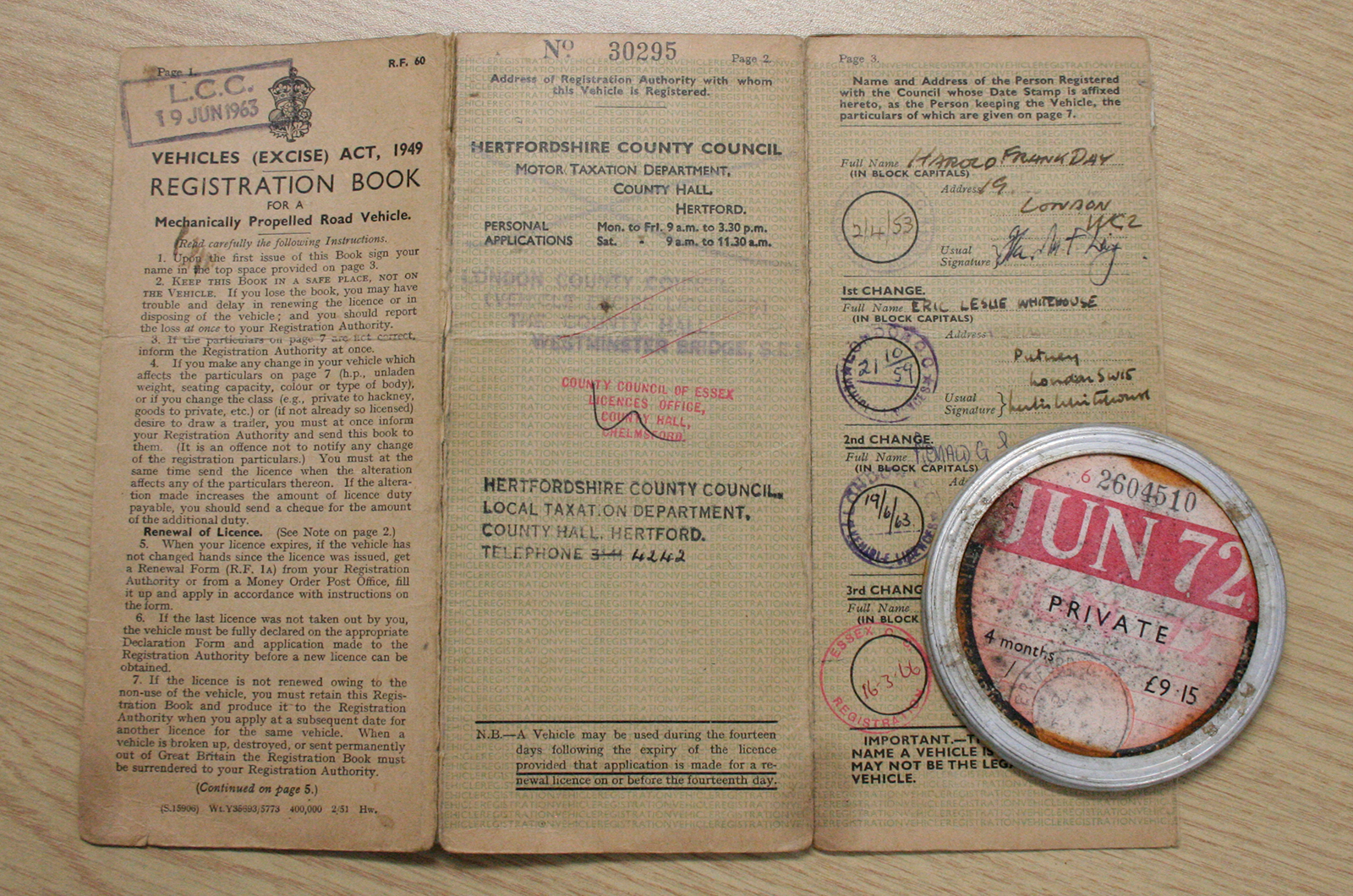
It may seem obvious, but the registration is the most sensible place to start.
So if your classic is registered in the UK, head to the DVLA’s website, download and fill in the V888 form and await the results – and if you’re looking for information about a car you currently own or are the previous keeper of, it’s free.
There is a limit to just what use this information alone may be to you, but it can provide you with some essential names and dates with which to start searching for more information.
If you are fortunate enough to have the original buff-coloured logbook (above) for an older classic, the chances are that this will show the names and addresses of previous keepers, which gives you a couple of options.

